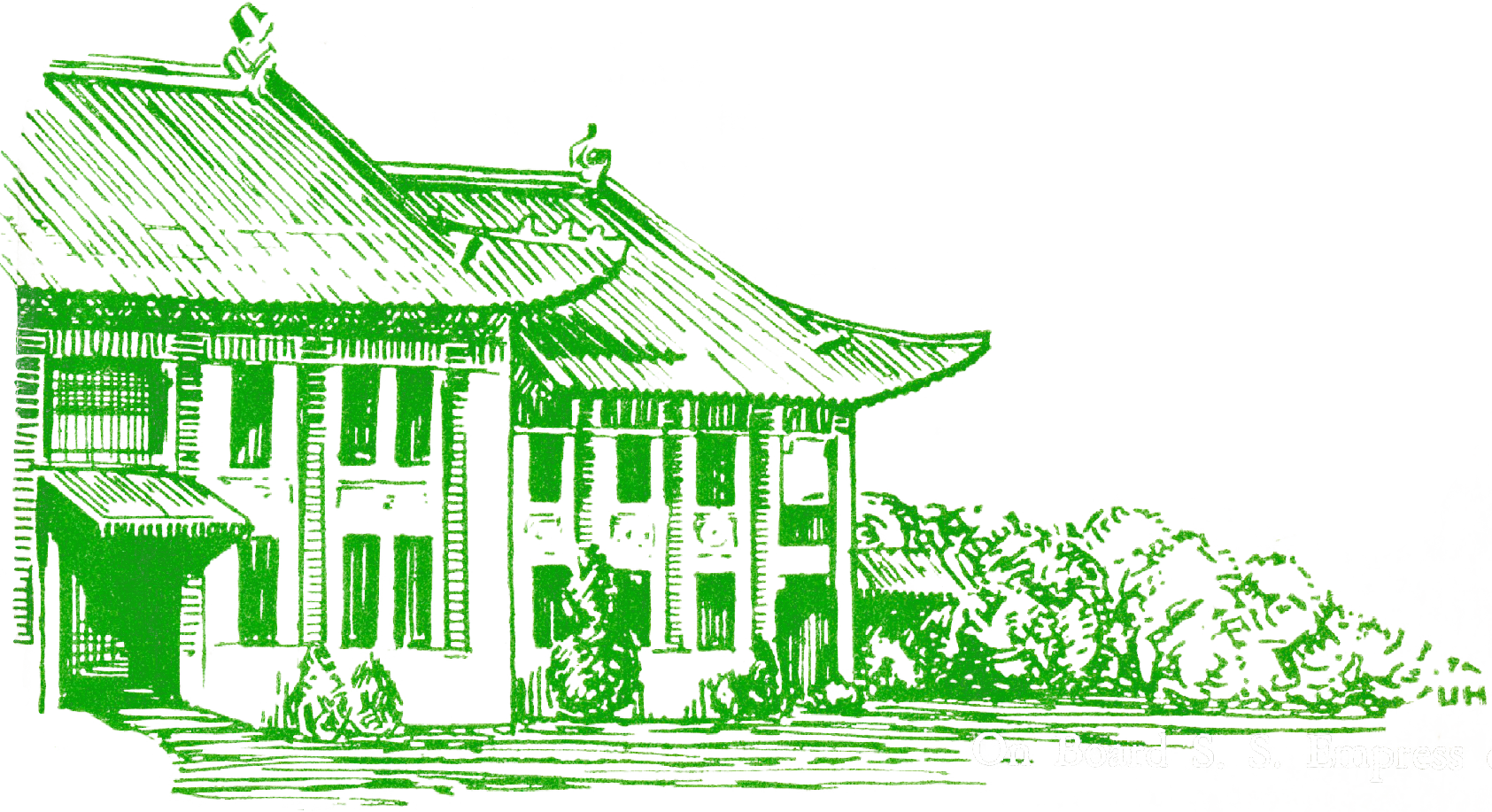A Tale of Two Presidents is a digital humanities project designed to reexamine the history of Ginling College, American missionaries in China, and Chinese Christians. Ginling College was the first four-year women’s college founded in 1913 in Nanjing, China by Matilda Calder Thurston. Thurston, an American missionary who moved to China in 1902, spearheaded the college’s activities as the institution's president from it beginning in 1918 until 1928. During her time as president, she advised and influenced many Chinese students by shaping and overseeing curricula and setting the tone for the faculty working under her. One such student, Wu Yi-Fang, ultimately succeeded Thurston as president of the College in 1928 following the nationalist revolution in China.
The bulk of the research for this project was completed using primary source documents from the Matilda Calder Thurston Papers, found at the Burke Library at Columbia University in New York City. The primary source materials range in date from 1918-1948. These documents include personal correspondence papers and published works from this period that discuss Christian feelings and general sentiments among the administration of the College. In re-examining the history of the college through the documents of Thurston’s archive, we have found it most interesting to explore the ways in which American missionary efforts in China influenced Chinese Christians and, specifically, how Christian internationalism came to be redefined as Chinese Christians took on that charge as their own.
At the beginning of our archival research, we had planned to explore the experiences of Chinese faculty members under Thurston and Wu’s presidencies. Unfortunately, such accounts are not found in Thurston’s archival collection. This alludes to one of the main pitfalls of archival research -- because collections are curated, some voices are inevitably omitted. However, we do have documentation of the voice of one Chinese faculty member: Wu Yi-Fang. As such, the main focus of this exhibit is the presidency of Wu Yi-Fang, the second president of Ginling, who assumed power in 1928.
In order to best understand Wu’s actions, sentiments, and statements, we felt it best to analyze her story within the broader history of Ginling. This includes how the college came about, what sentiments laid the foundation for the school’s pedagogical style, and how these decisions impacted the Chinese students. Examining Wu’s presidency through an understanding of her educational background, rooted in the Protestant missionary movement and administered under Thurston, illuminates her future actions as president of Ginling. While Wu is a product of the missionary system, she is far from a carbon copy of Thurston and redefines the missionary movement, particularly for Ginling College.
